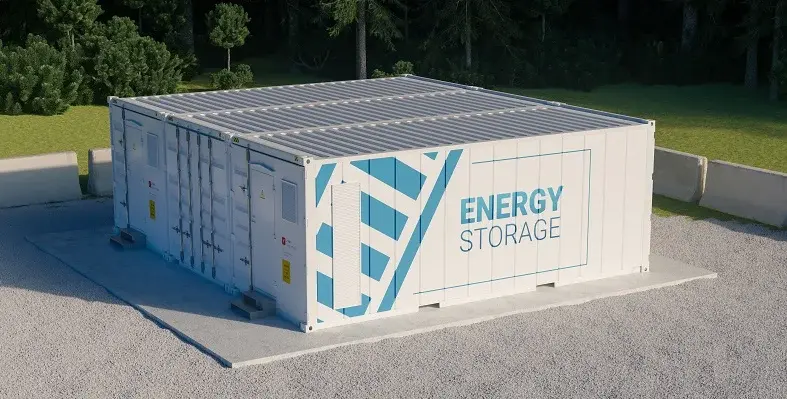Envision Energy, a leader in renewable energy solutions, has signed a contract with the EDF Group, a multinational electric utility company, in order to supply three battery energy storage systems (BESS) for the Oasis 1 cluster of projects in South Africa
Reported to be integral to the country’s inaugural Battery Energy Storage Independent Power Producer Procurement Programme (BESIPPPP), the projects will amount to 257MW of capacity and 1,028MWh of storage, making it the largest BESS order in the country.
The three projects include Oasis Aggeneis, Oasis Mookodi, and Oasis Nieuwehoop power plants, located in the Northern Cape Province. EDF, in collaboration with co-sponsor Mulilo and equity partners Pele Energy Group and Gibb-Crede, under the Oasis Consortium, secured the three projects that will each include a 5% ownership interest for local communities.
“Battery storage technology is a cornerstone of sustainable energy systems, and we are delighted to contribute our leading technology to this milestone project in South Africa,” Kane Xu, senior vice president and president of international product lines at Envision Energy. "Once operational, it will effectively address the frequent load management of the current South African power grid, enhance grid stability, and reduce reliance on coal-fired power plants, supporting South Africa's transition to a more sustainable energy system.”
Envision Energy will equip these facilities with a full suite of AC and DC energy storage equipment, including station SCADA and EMS systems. The DC side will feature Envision's standard 20-foot, 5 MWh storage units powered by high-safety, high-performance 315Ah cells. Additionally, Envision will provide 15 years of comprehensive lifecycle operation and maintenance (O&M) services.
Set to be operational by the end of 2026, the three facilities are expected to significantly enhance the country’s power infrastructure and are designed to alleviate grid congestion, increase renewable energy integration while also engaging in the power market. Ultimately, they will provide a useful addition to South Africa’s low-carbon energy transition and goal of achieving carbon neutrality by 2050.












